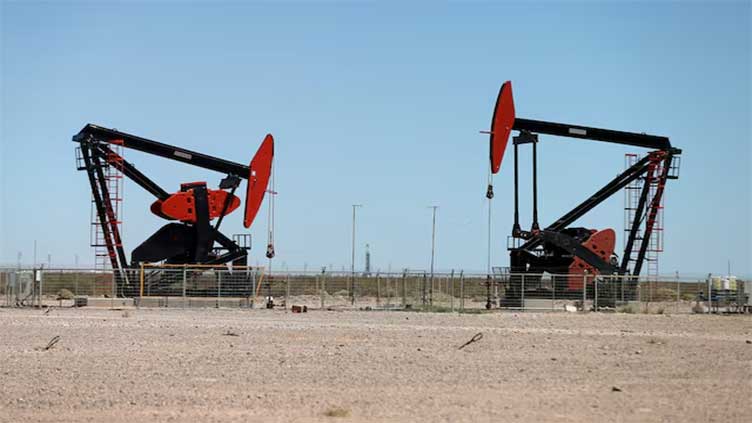Oil falls as Fed policymakers look to maintain rate cuts, gasoline stocks rise

Business
Brent futures lost 12 cents to trade at $81.74 a barrel, while US WTI was down 17 cents to $77.74
(Reuters) – Oil prices fell early on Friday as investors responded to comments from US Fed officials who said it was too soon to start considering rate cuts, and following a surprise build in US gasoline stocks that weighed on the market.
Brent futures lost 12 cents, or 0.15%, to trade at $81.74 a barrel by 0008 GMT, while US West Texas Intermediate (WTI) crude was down 17 cents, or 0.22%, at $77.74.
Dallas Federal Reserve President Lorie Logan said she is still worried about upside risks to inflation despite recent easing, warning that the US central bank needs to be flexible and keep "all options on the table" as it watches data and determines how to respond.
"It's really important that we don't lock into any particular path for monetary policy," Logan said at an event in El Paso, Texas. "I think it's too soon to really be thinking about rate cuts."
Meanwhile, US crude oil inventories fell 4.2 million barrels to 454.7 million barrels in the week ending on May 24, the Energy Information Administration (EIA) said on Thursday, compared with expectations in a Reuters poll for a 1.9 million-barrel draw.
Gasoline inventories, however, rose in the US against an expectation that demand would be higher ahead of the long Memorial Day weekend, which signals the start of the summer driving season. Stocks were up 2 million barrels for the week to 228.8 million barrels, the EIA said, compared with expectations for a 400,000-barrel draw.
Elsewhere, OPEC+ is working on a complex deal to be agreed at its meeting on Sunday that would allow the group to extend some of its deep oil production cuts into 2025, three sources familiar with OPEC+ discussions said on Thursday.
The Organisation of the Petroleum Exporting Countries led by Saudi Arabia and allies led by Russia, together known as OPEC+, are currently cutting output by 5.86 million barrels per day, equal to about 5.7% of global demand.


